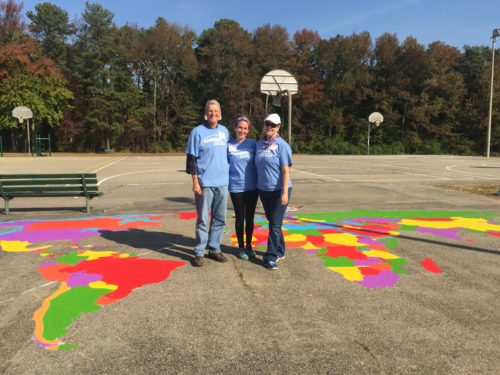When Ann and Bob Underwood first signed on as sponsors through Children Incorporated in 2006, they were looking for an opportunity to help poor children in the U.S.
Ten years and 27 sponsored kids later, they remain steadfast in their commitment to helping give underprivileged children a chance at the American Dream.
As a sponsor, we know how our funds are being used to assist those less fortunate. We feel that by helping children in the U.S., we are helping our country’s future.
To date, eleven of the children sponsored by the Underwoods have successfully graduated from high school.
We contacted the Tennessee couple to find out more about why they wanted to sponsor U.S. children, and what they’ve learned from their experiences along the way.
CI: How did you get involved with Children Incorporated?
AU: We wanted to help those who are less fortunate and live in a depressed area. We previously sponsored children in the Dominican Republic through Compassion International, but we knew that there are also American children in great need.
We did a lot of research online and found Children Incorporated. That was in 2006 – we just received a ten-year anniversary card!
CI: When you signed up, did you specify your preferences?
AU: Yes. We wanted a child from Appalachia. My husband, Bob, was born and raised in southeastern Kentucky, so he is well aware of the poverty there. Unemployment is high. Most coal mining jobs have all but disappeared.
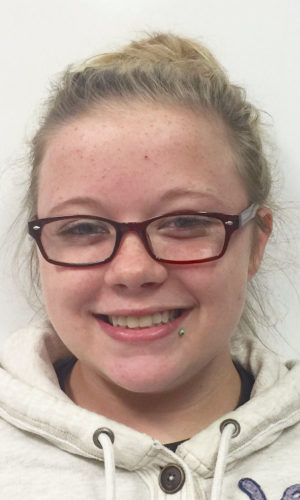
One of the Underwood’s sponsored children from Kentucky
Later on, inspired by articles we read in Children Incorporated’s newsletters, we also requested children in their junior and senior years of high school in Kentucky, Detroit, and New Mexico.
CI: Do you communicate with your sponsored children directly?
AU: Most of the children write. It may not be often and is usually brief. A lot of times, it’s just a thank-you note for what they received through our sponsorship. Some of the older children write about their activities, goals, boy/girlfriends, pets, sports teams. We enjoy hearing from them immensely.
CI: Do you write to your sponsored children? What do you say?
AU: We always send an introductory letter when we get a new child. We also send birthday and holiday cards. If a child writes to us, we reply. If not, we just send the cards to let them know we’re thinking about them. We usually respond to whatever they have written about, and also share some of our activities.
CI: Do you send them packages or gifts?
AU: In the beginning, we sent gifts of school supplies, clothing, and toys about three times a year. We were able to get sizes from the volunteer coordinator. Children Incorporated later changed the program so that the kids can get what they need most through the volunteer coordinator. We feel that works out better for the kids.
We also send money for back to school supplies and clothing, Christmas, birthdays, and graduation. We send some extra funds for a new child if we sign up later in the school year.
We have enjoyed watching our sponsored kids grow up through the pictures that we get. We hope that the children who have graduated from high school are realizing their goals and dreams.
CI: What advice would you have for someone considering sponsorship?
AU: As a sponsor, we know how our funds are being used to assist those less fortunate. We feel that by helping children in the U.S., we are helping our country’s future. If, by sponsoring these children, we can help in a very small way to ensure that they graduate from high school, we have done the right thing. As one of our children wrote in her progress report, sponsorship meant a lot to her because it showed that someone cared about her. What could be more important?
CI: Overall, how would you characterize your ten years with Children Incorporated?
AU: Our experience with Children Incorporated has been rewarding. We are made to feel like we are the only sponsors when we communicate with the organization. We’re also impressed by all the work the volunteer coordinators do at the participating schools.
We have enjoyed watching our sponsored kids grow up through the pictures that we get. We hope that the children who have graduated from high school are realizing their goals and dreams.
***
HOW DO I SPONSOR A CHILD IN KENTUCKY?
You can sponsor a child in Kentucky by calling our office and speaking with one of our sponsorship specialists at 1-800-538-5381 or by emailing us at sponsorship@childrenincorporated.org.

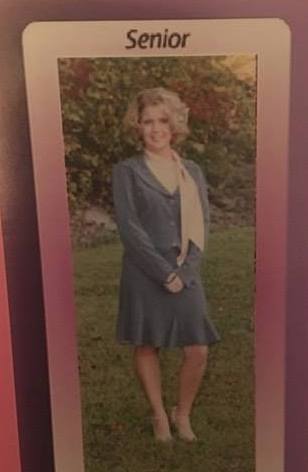

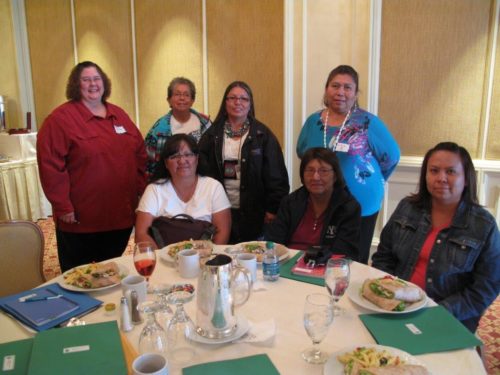
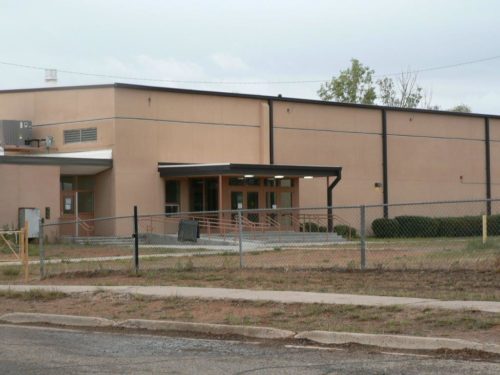
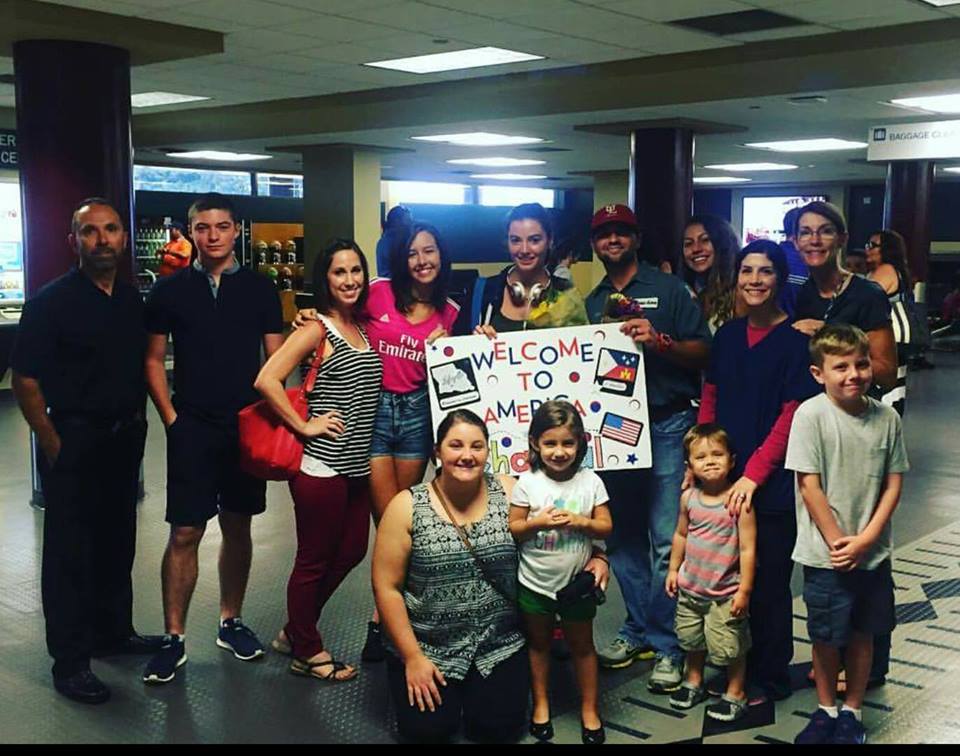

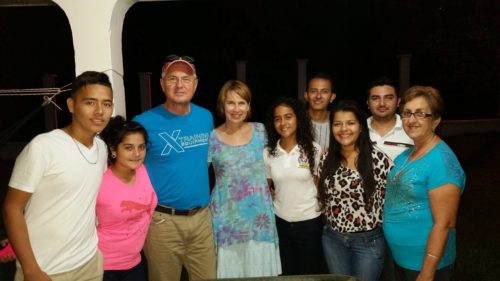
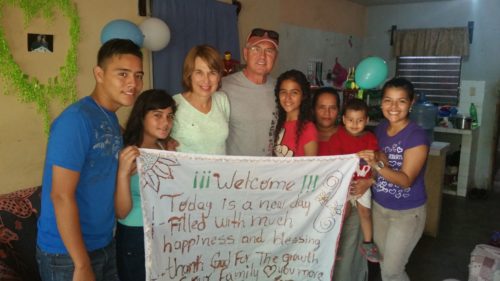 DW: Yes, I try to write them at least as often as they do, if not more — six to eight times a year, and then on birthdays and holidays as well.
DW: Yes, I try to write them at least as often as they do, if not more — six to eight times a year, and then on birthdays and holidays as well. 
